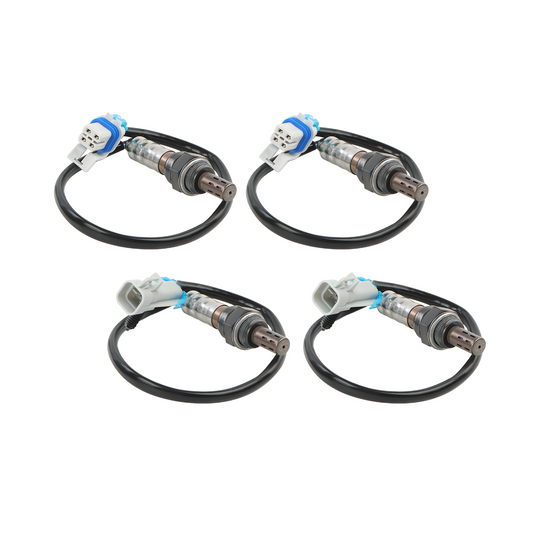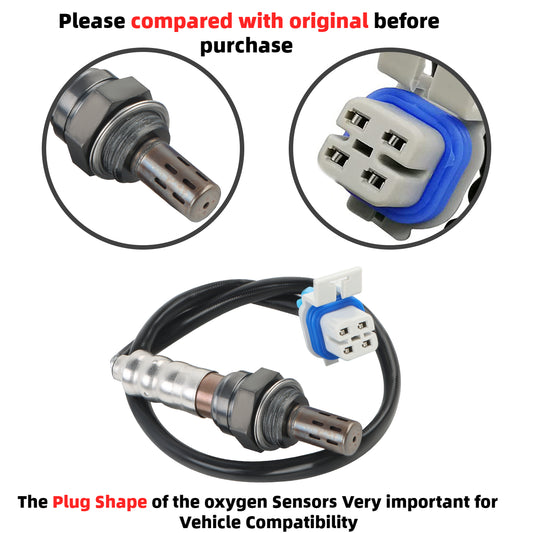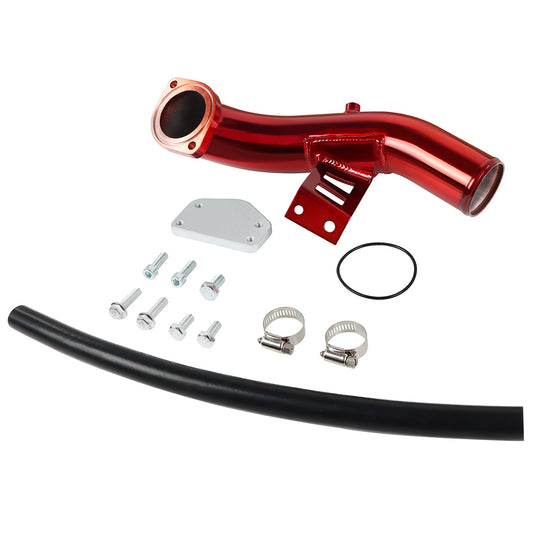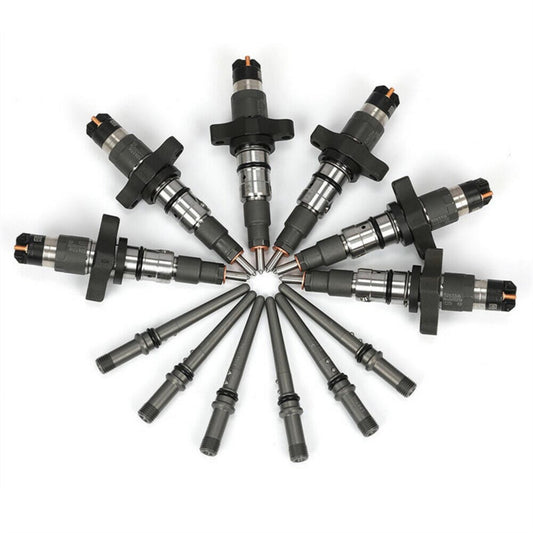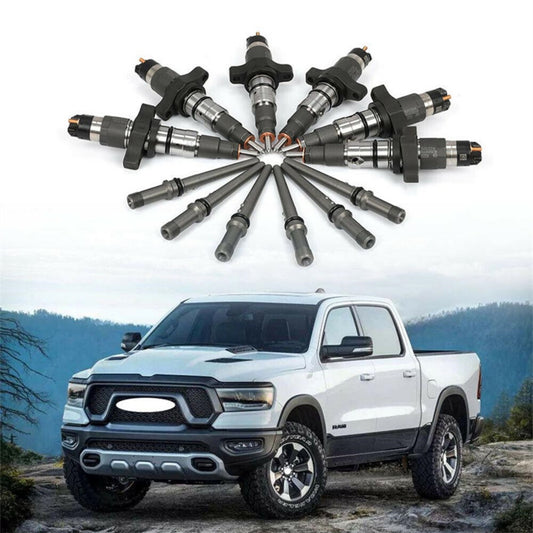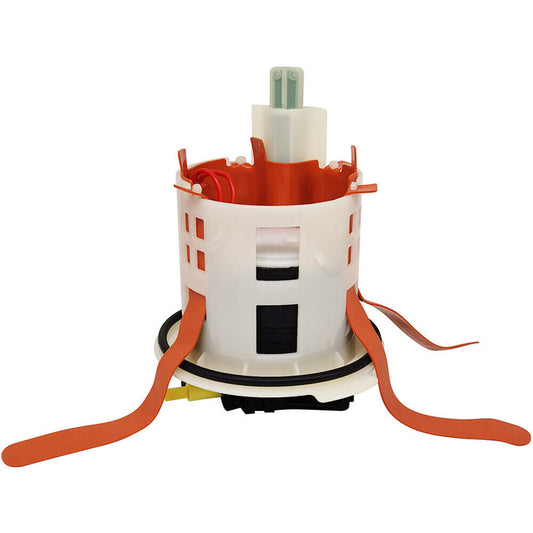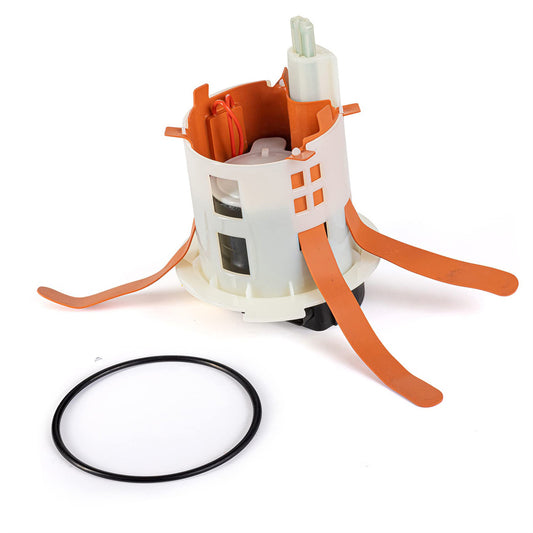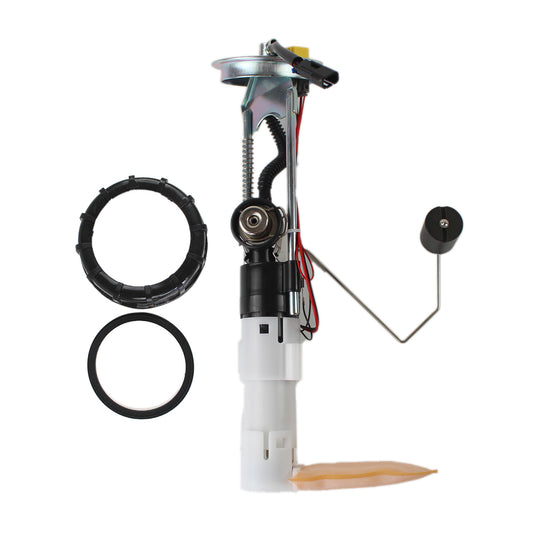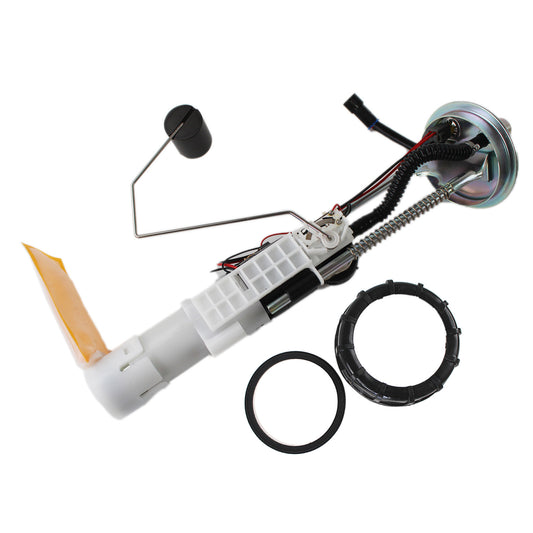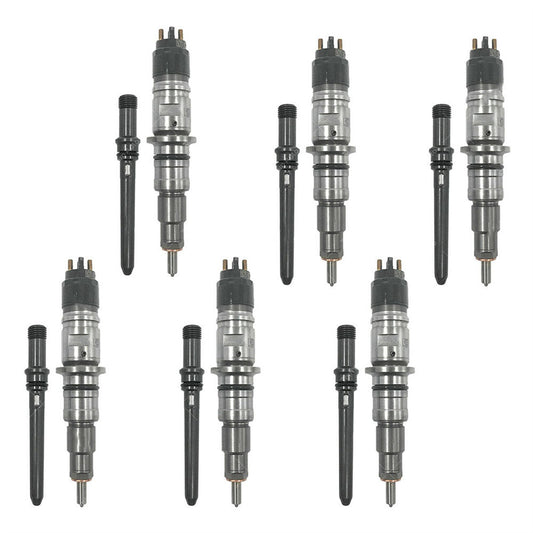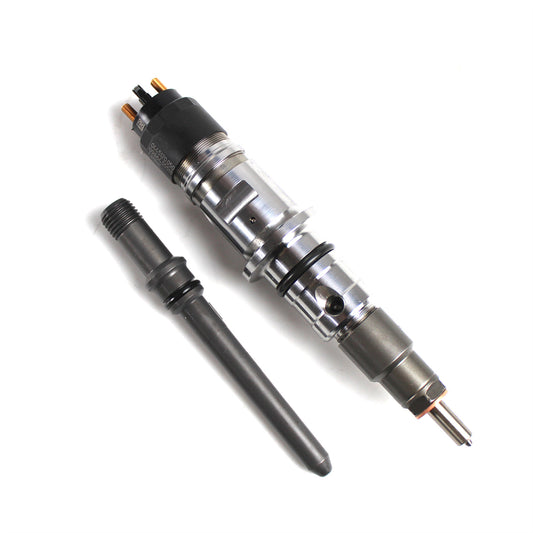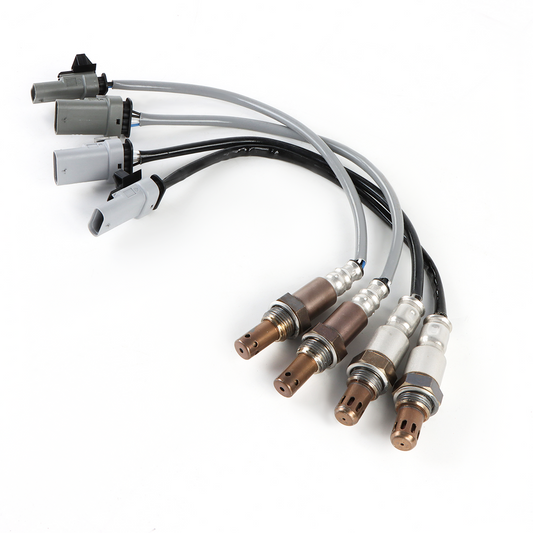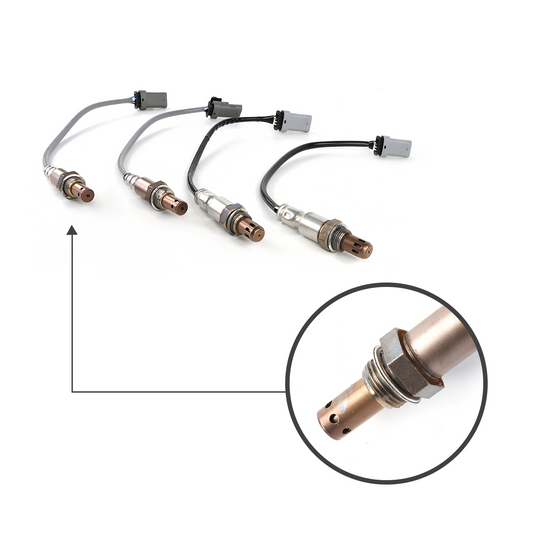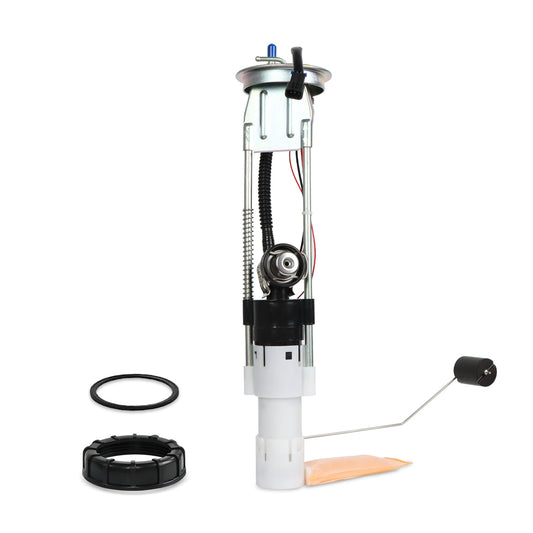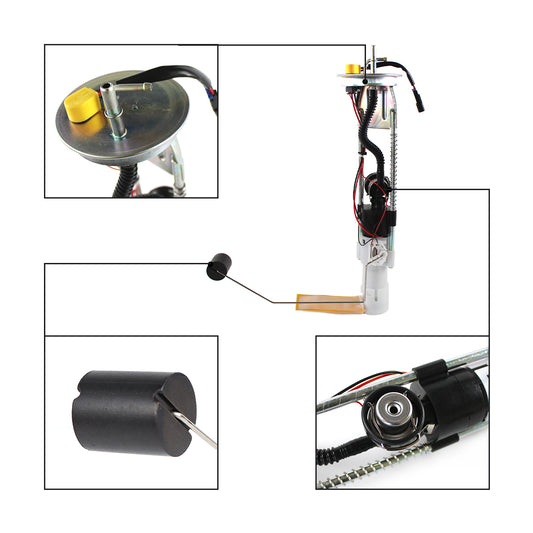What Does an Intercooler Do? Understanding the Importance of Intercoolers in Turbocharged and Supercharged Engines
Introduction: In the world of forced induction engines, intercoolers play a vital role in maximizing performance and efficiency. Whether you have a turbocharged or supercharged engine, understanding the importance of intercoolers is key to harnessing the full potential of your vehicle. In this post, we will explore how intercoolers work and why they are essential components in boosting engine power.
1, Cooling Compressed Air for Increased Density:
When air is compressed by a turbocharger or supercharger, it heats up significantly. Hotter air has a lower density, meaning it contains fewer oxygen molecules per unit volume. This can lead to reduced power output and inefficient combustion. Enter the intercooler—a device designed to cool down the compressed air before it enters the engine's intake manifold.
2, Enhancing Combustion Efficiency:
By cooling the compressed air, an intercooler increases its density, effectively packing more oxygen into the combustion chambers. This richer oxygen supply promotes better fuel combustion, resulting in improved engine efficiency and increased power output. Whether you're looking for quicker acceleration or greater towing capability, an intercooler can make a noticeable difference.
3, Preventing Engine Knock and Detonation:
Hotter intake air can also increase the risk of engine knocking and detonation. These undesirable phenomena occur when the air-fuel mixture ignites prematurely or unevenly, leading to engine damage and reduced performance. With the help of an intercooler, cooler air reduces the likelihood of knock, allowing for safer and more controlled combustion within the engine.
4, Optimizing Performance in High-Demand Situations:
Intercoolers shine brightest when it comes to demanding driving conditions. During spirited acceleration, extended high-speed cruising, or hauling heavy loads, the engine produces more heat and requires a larger volume of cool, dense air. An intercooler ensures that the intake air remains consistently cool, maintaining engine performance and preventing power loss due to heat buildup.
4, Upgrading Your Intercooler:
While most vehicles come with factory-fitted intercoolers, upgrading to a larger or more efficient aftermarket intercooler can yield significant benefits. Performance-oriented intercoolers often feature improved cooling capacity, reduced pressure drop, and enhanced airflow characteristics. These upgrades allow for higher boost levels, improved throttle response, and overall better engine performance.
Conclusion: Intercoolers are indispensable components in turbocharged and supercharged engines. By cooling the compressed air, they increase its density, optimize combustion efficiency, and prevent engine knock. Whether you're seeking increased horsepower for spirited driving or improved efficiency for everyday commuting, an intercooler is a critical piece of equipment to unlock your engine's full potential.
Consider consulting with automotive experts or exploring reputable aftermarket suppliers to find an intercooler upgrade that suits your specific vehicle and performance goals. With the right intercooler, you can experience the thrill of enhanced power and enjoy a more exhilarating driving experience.


